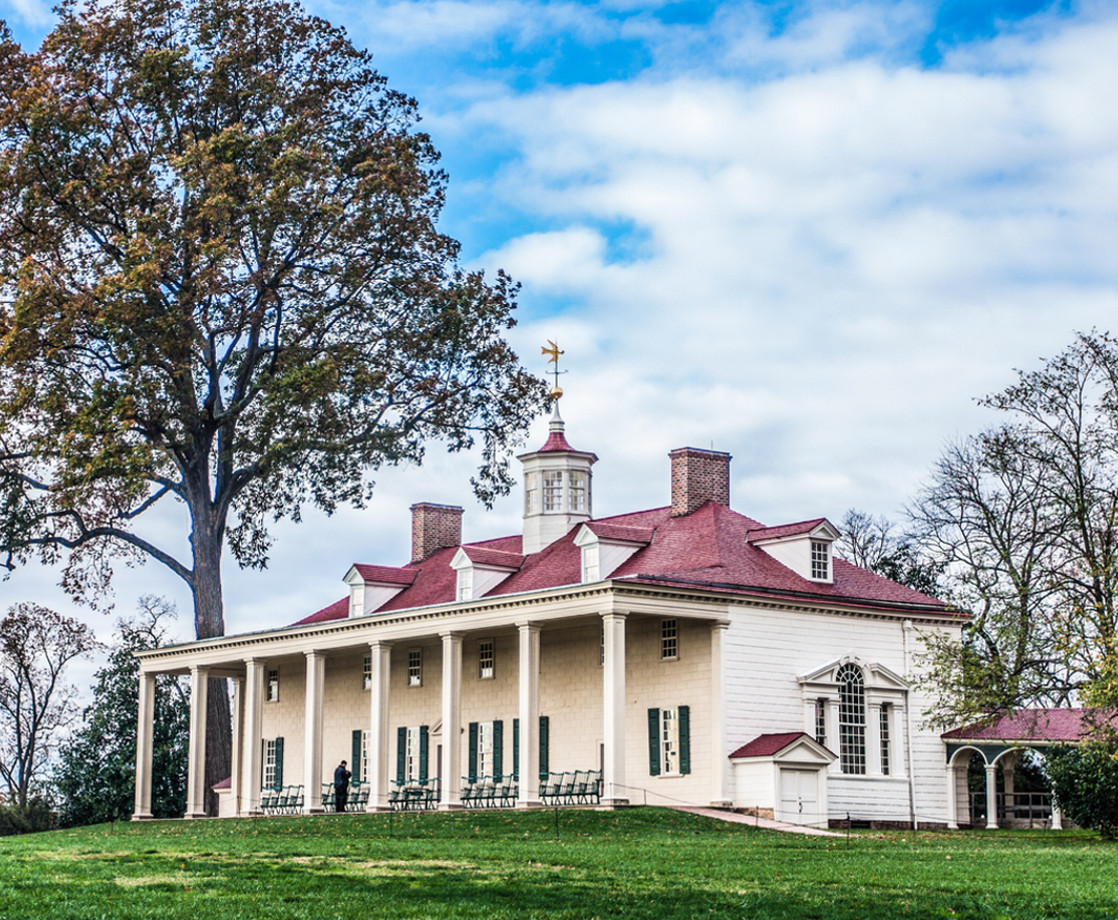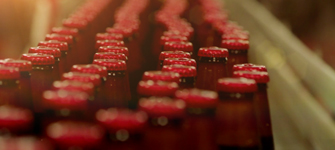On Wednesday, farmers harvested the first crop of legal cannabis to be grown on George Washington's Mount Vernon estate in centuries. The crop in question is hemp, not its psychoactive cousin marijuana, and is being legally grown under an Obama-era law allowing limited hemp cultivation for research purposes. Brian Walden, a member of the Virginia Industrial Hemp Coalition, hopes that this harvest of legal hemp will draw attention to the difference between different strains of cannabis, as well as boost support for hemp legalization.
George Washington grew hemp at Mount Vernon in the 18th century, ramping up his production of the self-described “cash crop” after the tobacco market crashed in the 1760s. Hemp cultivation was common in the U.S. at the time, and the plant has traditionally been used to produce rope, clothing, and other textiles. Cultivation of the plant continued until the “Marihuana Tax Act” of 1937 made it unprofitable, and the federal government outlawed all forms of cannabis shortly thereafter.
Walden told the Washington Post that hemp was an important crop for the Mid-Atlantic region in the colonial era and beyond. “We couldn’t grow flax, like they can up north,” he said. “And we couldn’t grow cotton, like they do down south.” The country's long history of hemp production was tarnished by the prohibition of marijuana, however, because the government “clumped [all forms of the cannabis plant] together.”
Walden is hoping that the production of legal hemp on the land of the country's first president will draw attention to the difference between hemp and marijuana. The farmer convinced Dean Norton, Mount Vernon's horticulture director, to plant hemp seeds this June. “You have different strains for different things,” Norton said. “They’ve really been able to come up with…really strong fiber plants, really strong oil plants and really strong recreational plants.”
“But that’s not what we’re doing here,” he added. “This is totally for interpretation purposes. You could build a bonfire with this, sit around it, breathe it — nothing’s going to happen.”
The hemp being grown at Mount Vernon is legal under a provision of the 2014 Farm Bill, which allows farmers to partner with state universities to grow hemp for research. Many states have individually legalized hemp production, and the plant is widely being used to produce non-psychoactive CBD products in states that have legalized medical cannabis. Full-scale production of industrial hemp remains illegal, but Senate Majority Leader Mitch McConnell has included provisions in this year's Farm Bill to legalize hemp and all hemp-derived products entirely.
“The U.S. is one of the few developed nations that hasn’t looked at the use of hemp as a green, sustainable resource for any number of purposes,” Michael P. Timko, professor of biology and public health sciences at the University of Virginia, told the Post. American industries still use hemp to produce products, but the prohibition of cannabis forces them to import over $500 million of hemp products from Europe, China, and Canada every year. “Why aren’t we growing that $500 million worth of hemp products?” Timko asked.











